International Youth Day
يوم الشباب الدولي
When : 12 August
Theme : Transforming education
Since 1999, International Youth Day is celebrated annually worldwide on 12 August to raise awareness of challenges and problems facing the world’s youth.
There are currently 1.8 billion young people between the ages of 10 and 24 in the world. This is the largest youth population ever. But 1 in 10 of the world’s children live in conflict zones and 24 million of them are out of school. Political instability, labour market challenges and limited space for political and civic participation have led to increasing isolation of youth in societies.
2019 Theme: “Transforming education”
This year’s theme highlights efforts to make education more inclusive and accessible for all youth, including efforts by youth themselves. Rooted in Goal 4 of the2030 Agenda for Sustainable Development – to “ensure inclusive and equitable quality education and promote lifelong learning opportunities for all” – International Youth Day 2019 will examine how Governments, young people and youth-led and youth-focused organizations, as well as other stakeholders, are transforming education so that it becomes a powerful tool to achieve the 2030 Agenda for Sustainable Development.
“Education is the most powerful weapon we can use to change the world “– Nelson Mandela
Education is regarded as one of the fundamental needs of the people like they need food, clothes and home. However the light of education has not yet lit every corners of the world, in many places education still remains elusive.
Education is a vital means for potentialities of human being to emerge in a positive direction so that a man can live in the society in full dignity and can mold the habits, tastes and character of individuals, living in society by imparting knowledge and information. Education breaks the barrier and makes knowledge accessible to anyone.
Education should not be just knowing the facts but it should be a way of all round development of our potentialities and to find the inborn quality that everyone has. Education is an amalgamation of creativity and knowledge.
“Education is not the learning of the facts, but the training of the mind to think ” – Albert Einstein
Inclusive and accessible education is crucial to achieving sustainable development and can play a role in the prevention of conflict. Indeed, education is a ‘development multiplier’ as it plays a pivotal role in accelerating progress across all 17 Sustainable Development Goals, be it poverty eradication, good health, gender equality, decent work and growth, reduced inequalities, action on climate or peaceful societies. Education should lead to relevant and effective learning outcomes, with the content of school curricula being fit for purpose, not only for the 4th industrial revolution and the future of work, but also for the opportunities – and challenges – that rapidly changing social contexts bring.
The crucial role that quality education plays in youth development is well recognized. In addition, comprehensive youth development benefits society-at-large. However, what is less known is the fact that young people themselves are active champions of inclusive and accessible education. Youth-led organizations, as well as individual youth, together with various stakeholders and Governments, are concretely transforming education so that it becomes a fundamental tool both for sustainable development and for the full inclusion of various social groups. For example, youth-led organizations are transforming education via lobbying and advocacy, partnerships with educational institutions, the development of complementary training programs, etc.
“Youth should be given a chance to take an active part in the decision-making of local, national and global levels.”
United Nations Former Secretary-General Ban Ki-moon
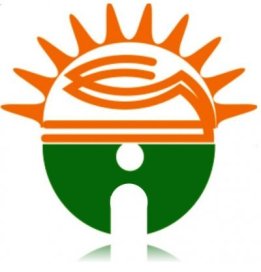

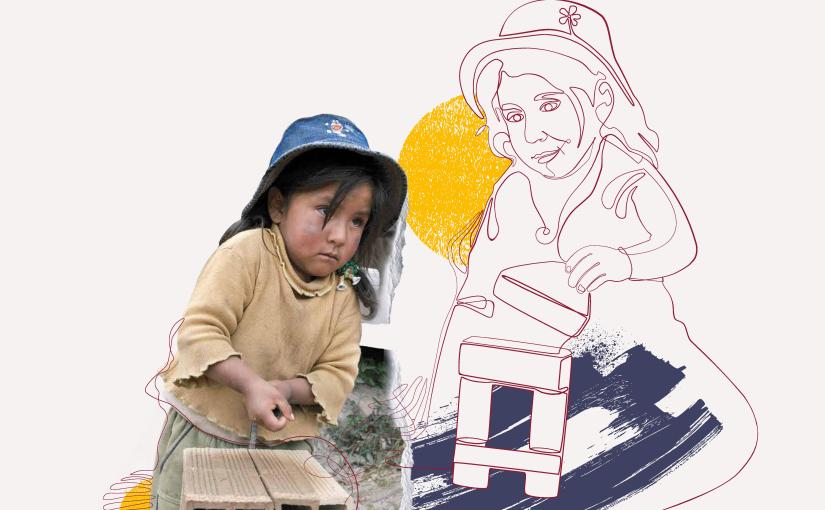
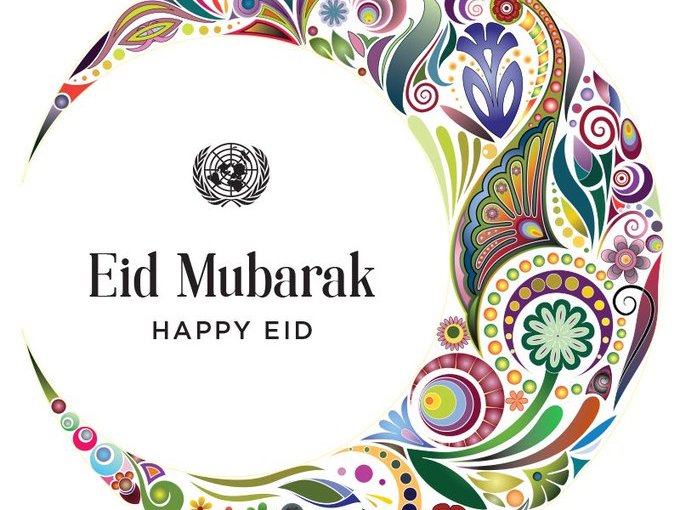
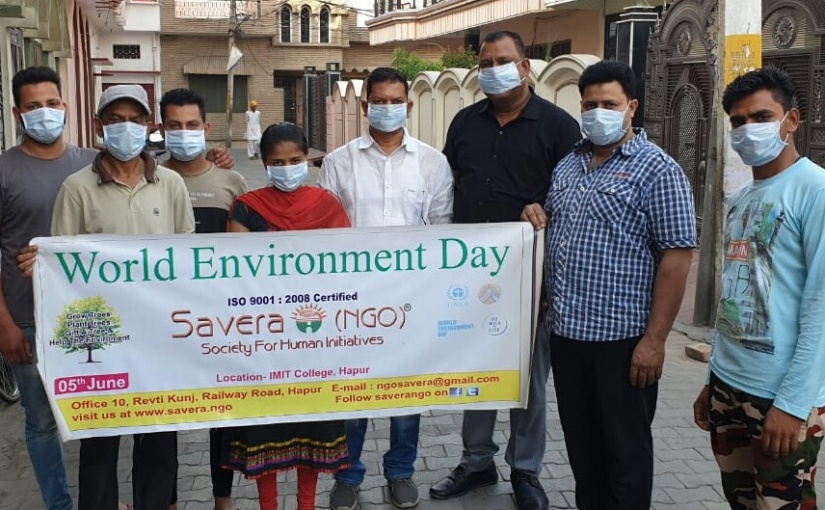

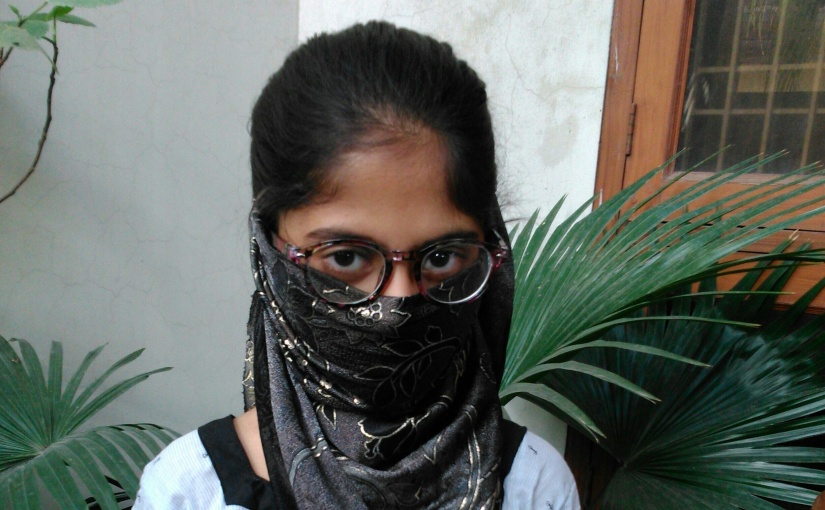
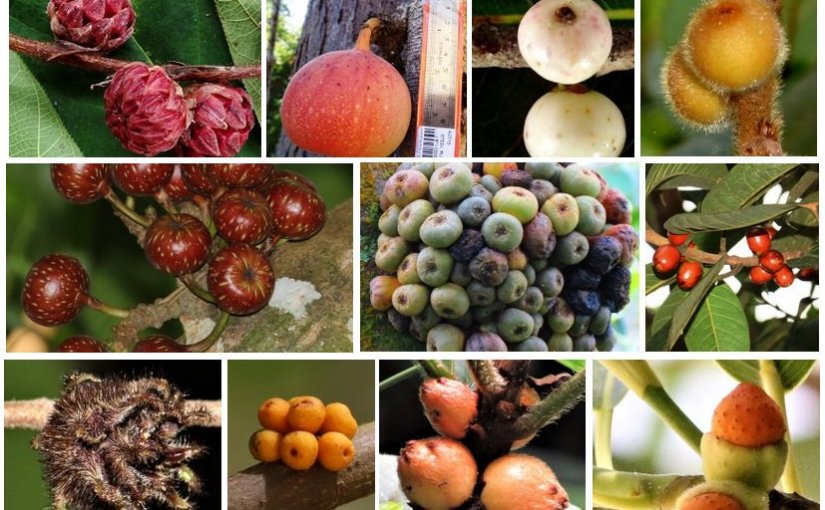

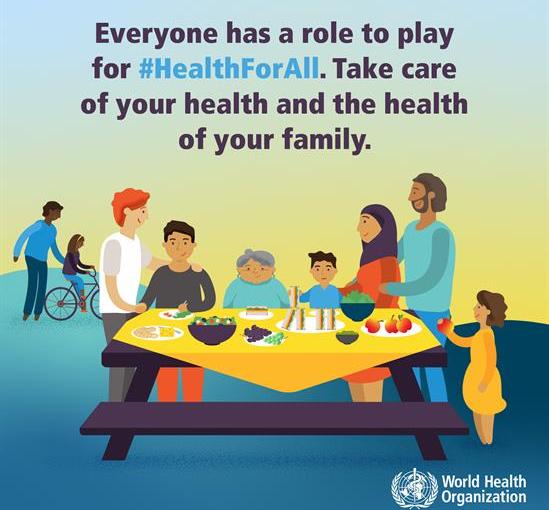
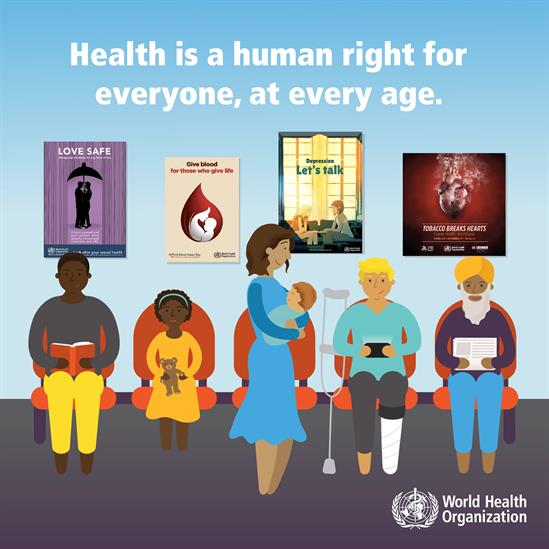
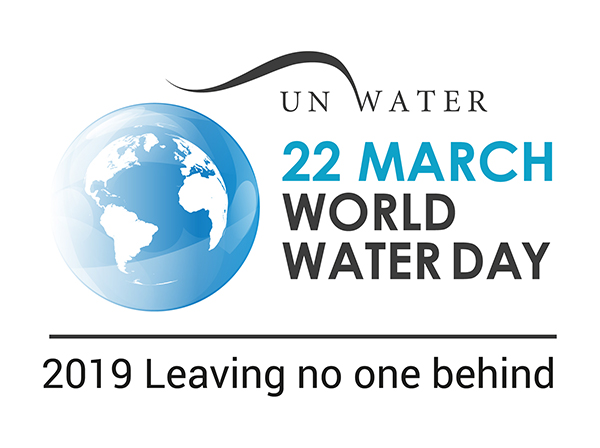
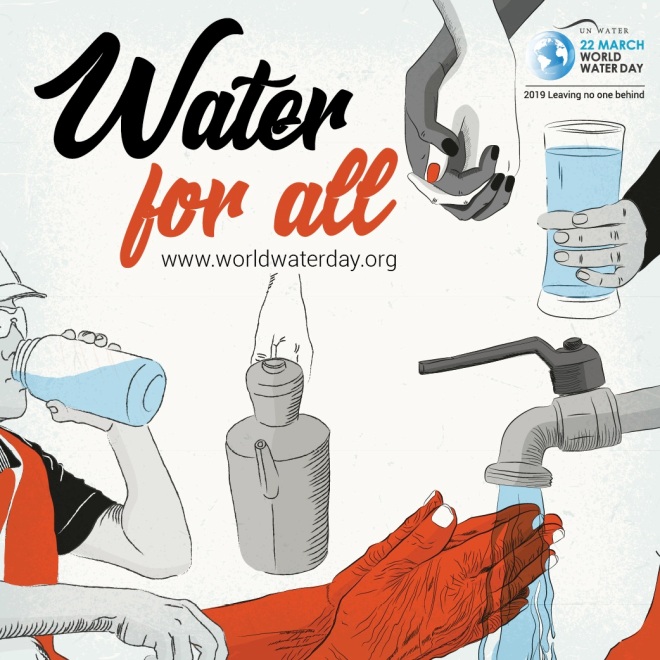

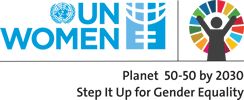


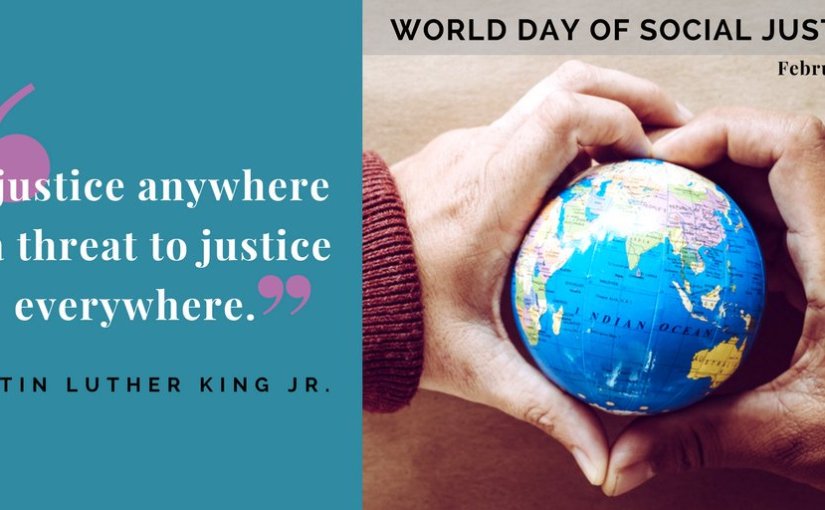
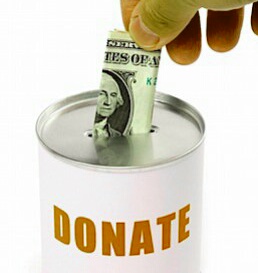
You must be logged in to post a comment.